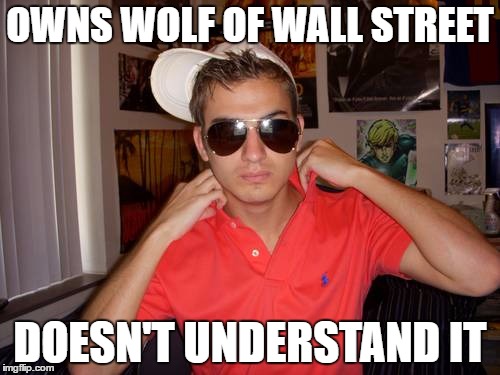Year: 2016
Genre: Sci-Fi Action
Directed: Justin Lin
Stars: Chris Pine, Zachary Quinto, Karl Urban, Zoe Saldana, Simon Pegg, John Cho, Anton Yelchin, Idris Elba, Sofia Boutella, Joe Taslim, Lydia Wilson, Deep Roy, Melissa Roxburgh
Production: Paramount Pictures
Thus far critics have been lauding
Star Trek Beyond as the film that finally brings the
Star Trek (1966-1969) ethos into the rebooted series. Like it or not the J.J. Abrams films are now considered mere auditions to
The Force Awakens (2015). Indeed, even a glancing look will reveal shades of
Star Wars (1977) in everything from the rumble atop the drill in the first film to Khan's monologue-ing in the second. Personally, I'm of the opinion that while
Star Trek (2009) is an absolute treasure,
Star Trek Into Darkness (2013) felt like the seventh season of a dying TV show.
 |
| God Dammit Justin Lin! |
I am however not of the opinion that
Star Trek Beyond is a homecoming but more like a best case scenario negotiating the original show's heavy political and philosophical themes with the reboots sleek aesthetic. That best case scenario is even more impressive when you consider director Justin Lin's resume includes the
Fast and Furious (2001-2015) let's say "renaissance".
Star Trek Beyond begins with Captain Kirk (Pine) contemplating a quarter-life crisis of sorts. He's about to celebrate a birthday marking him one year older than his father ever was. He's considering hanging up his captain's hat and taking an admiral-ship with Star Fleet. His plans are put on hold when the Enterprise is tasked with a search and rescue mission in a unexplored part of a far-away nebula. Once there the Enterprise is ambushed by a mysterious foe named Krall (Elba) who wants a seemingly useless trinket aboard the ship. The Enterprise is overrun, the crew impressed and the bridge's officers are marooned on separate parts of a desolate planet.
 |
| Party on, Wayne. |
Captain Kirk's moments of characterization are mirrored almost perfectly by Officer Spock's character arc which has him contemplating resigning from Star Fleet to aid Vulcan diaspora. While not as laced with Kentucky whiskey as Kirk's thread, Spock's stakes are much higher for himself and his people, therefore we immediately gravitate towards him just like audiences did back in the 60s. That's one thing this film got right, it wisely focused emotional heft on the franchise's mascot.
Another thing the film got right is it divided it's focus on some choice side characters, the most prominent of which is fellow marooned starfarer Jaylah (Boutella). Trapped on Krall's inhospitable planet since childhood, Jaylah's resourcefulness and stubborn individualism channels the young Jennifer Lawrence in
Winter's Bone (2010). The moment she saves the shipwrecked Scotty (Pegg) from fellow scavengers, she immediately becomes the power source this film orbits and it's all the better for it.
 |
| We stand together...against film piracy! |
The theme of the day in
Star Trek Beyond is unity. The unity of the Enterprise's crew is tested against the power of Krall and his army of drones who seems to know all about the Federation of Planets. Krall goes through great pains dismantling the morale of the imprisoned crew and Lieutenant Uhura in particular. "Unity is not your strength. It is a weakness," says Krall in a quick deconstruction of his plans. Yet his machinations for Star Fleet are conspicuously left out until a third act reveal that is reminiscent of Shinzon's character arc in
Star Trek: Nemesis (2002). Not only that, he's a surprisingly layered foil to the equally embittered Jaylah who's been alone for so long she has no concept of unity.
 |
| Shinzon from Star Trek: Nemesis (2002) |
In it's entirety, this film is not Beyond certain genre limitations. While scribes Simon Pegg and Doug Jung channel the original germ in the screenplay, the film still feels like it's in the wrong tempo leaving too little in the film's quieter moments while racing towards the next action set-piece. Visually the film sneaks in a few literate allusions (not to mention references to other parts of the
Star Trek universe) yet Lin's showy camerawork proves distracting, especially when he hammers home the "what's up is down" motif.
Beyond may not be the "return" of
Star Trek's brand of unapologetic, cerebral sci-fi. That torch has been passed to
Doctor Who (2005-Present) quite a while ago. Judged purely by the movies,
Star Trek Beyond is somewhere between
The Voyage Home (1986) and
First Contact (1996). As a contemporary action film/sci-fi space adventure it's arguably among the best you'll see this year.
Final Grade: B-



















































